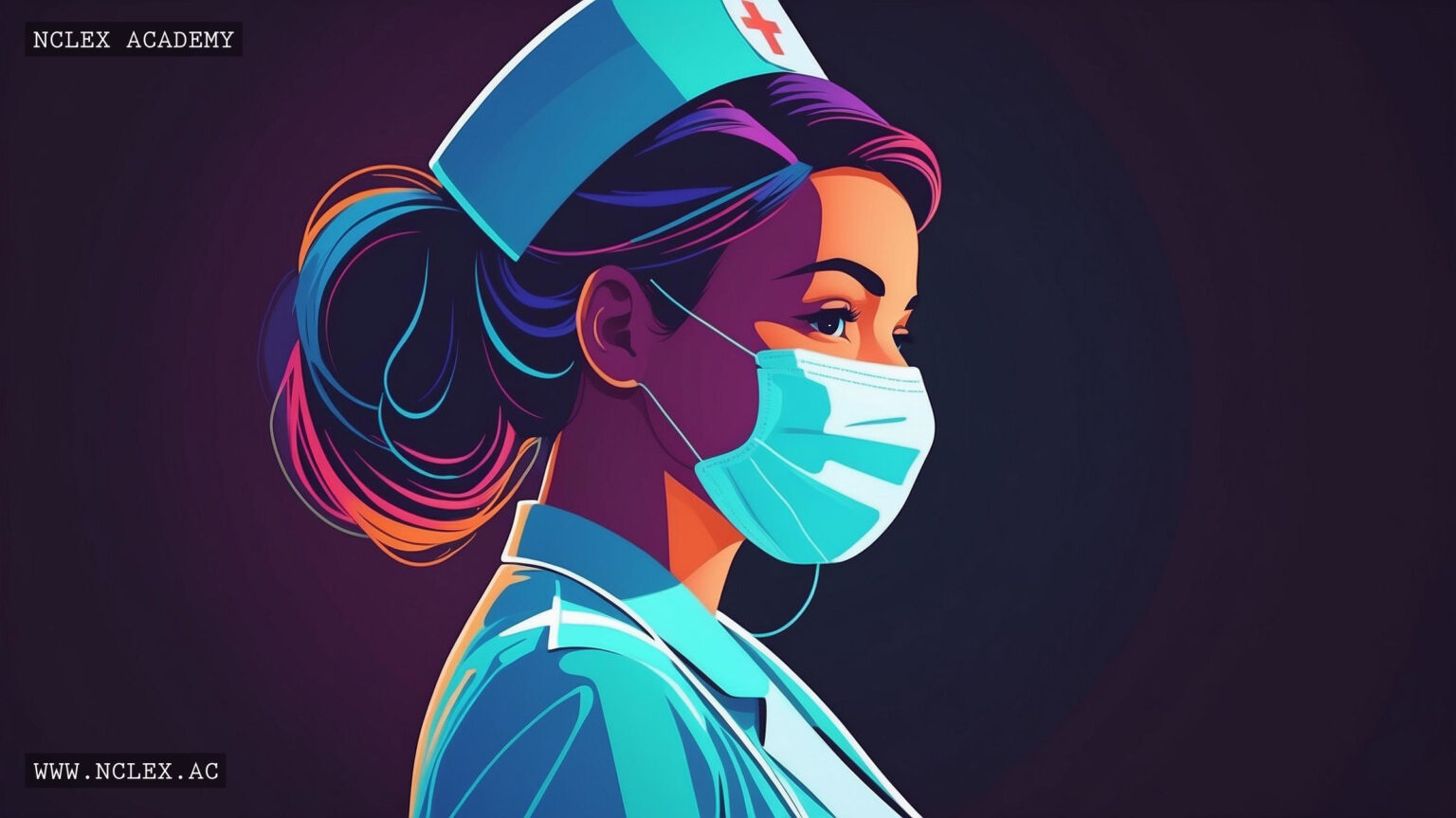The emergence of digital health records has been a transformative force in the world of healthcare, particularly for those at the front line of patient care: our nurses. Digitization has not only optimized the way patient information is accessed and shared but has dramatically reshaped the nursing landscape as a whole. As we look closely at the nexus of technology and nursing care, it’s evident that electronic health records (EHRs) have revolutionized the practice in several significant ways. From improving accuracy in patient data to enhancing the coordination of care, here are seven pivotal ways digital health records are changing the game for nursing professionals everywhere.
1. Streamlined Access to Patient Information
One of the most pivotal benefits of digital health records is the streamlining of patient data access. Prior to digitalization, nurses had to sift through copious paper files to retrieve patient histories, which was not only time-consuming but also prone to misplacement or damage. With digital records, nurses can now access a patient’s complete medical history with a few clicks. This quick access not only saves valuable time but also allows for more informed decision-making in patient care and management.
2. Enhanced Interdisciplinary Collaboration
Digital health records foster a level of interdisciplinary collaboration that was once difficult to achieve. Through EHR systems, nurses can seamlessly share patient information with physicians, specialists, and other healthcare providers. This facilitates timely updates and ensures that all members of the healthcare team are on the same page, leading to more cohesive care plans and improved patient outcomes.
3. Improved Medication Management
Medication errors can have serious, even fatal, consequences. Digital health records come with features that significantly reduce the risk of such errors. EHR systems often include medication reconciliation tools, automatic dosage calculators, and allergy alerts that assist nurses in administering the correct medications at the correct dosages. This not only improves patient safety but also enhances the overall quality of nursing care.
4. Real-Time Documentation & Charting
With digital health records, nurses can enter patient information in real-time. This point-of-care documentation ensures that the data is as accurate and up-to-date as possible, minimizing the risk of errors that can occur when recalling information later. Real-time charting also allows for more timely interventions and assessments, which is crucial in the dynamic environment of patient care.
5. Data-Driven Insights for Improved Patient Care
Digital health records are not just repositories of information; they are also powerful tools for data analysis. EHRs can help nurses track patient outcomes, recognize patterns, and identify areas for improvement in care delivery. Moreover, this data can be utilized for research and evidence-based practice, leading to new medical insights and advancements in patient care protocols.
6. Secure Sharing of Patient Information
Patient privacy is a cornerstone of healthcare, and digital records offer advanced security features that protect sensitive data. Through secure networks and controlled access, nurses can ensure that patient information is shared responsibly and only with those who have the proper authorization. This not only adheres to legal privacy standards but also upholds the trust patients place in their healthcare providers.
7. More Time for Patient-Centered Care
Ultimately, the automation and organization provided by digital health records free up nurses to spend less time managing paperwork and more time providing direct patient care. By reducing the administrative burden, nurses can focus on what they do best: caring for patients with empathy, expertise, and attention to detail. Enhanced patient engagement and satisfaction are the natural outcomes of this increased face-to-face interaction.
As healthcare continues to evolve, so too will the capabilities and impacts of digital health records. What’s clear is that EHRs have already set in motion a far-reaching ripple effect on nursing practices, with patient care at the heart of this digital revolution. Embracing these technological strides, nurses can look forward to a future where their work is not only efficient but also increasingly impactful in the lives of the patients they serve.
NCLEX Academy
NCLEX Academy is a leading online platform dedicated to helping nursing students succeed in their NCLEX exams. With expert-led courses, printable exam prep materials, and personalized study plans, NCLEX Academy offers comprehensive resources to boost confidence and performance. The site also covers a wide range of interesting nursing topics, making it a must-visit for all nurses looking to expand their knowledge and skills. Join thousands of students and nurses who have achieved their dream of becoming licensed professionals with NCLEX Academy.
NCLEX Academy Official Website
